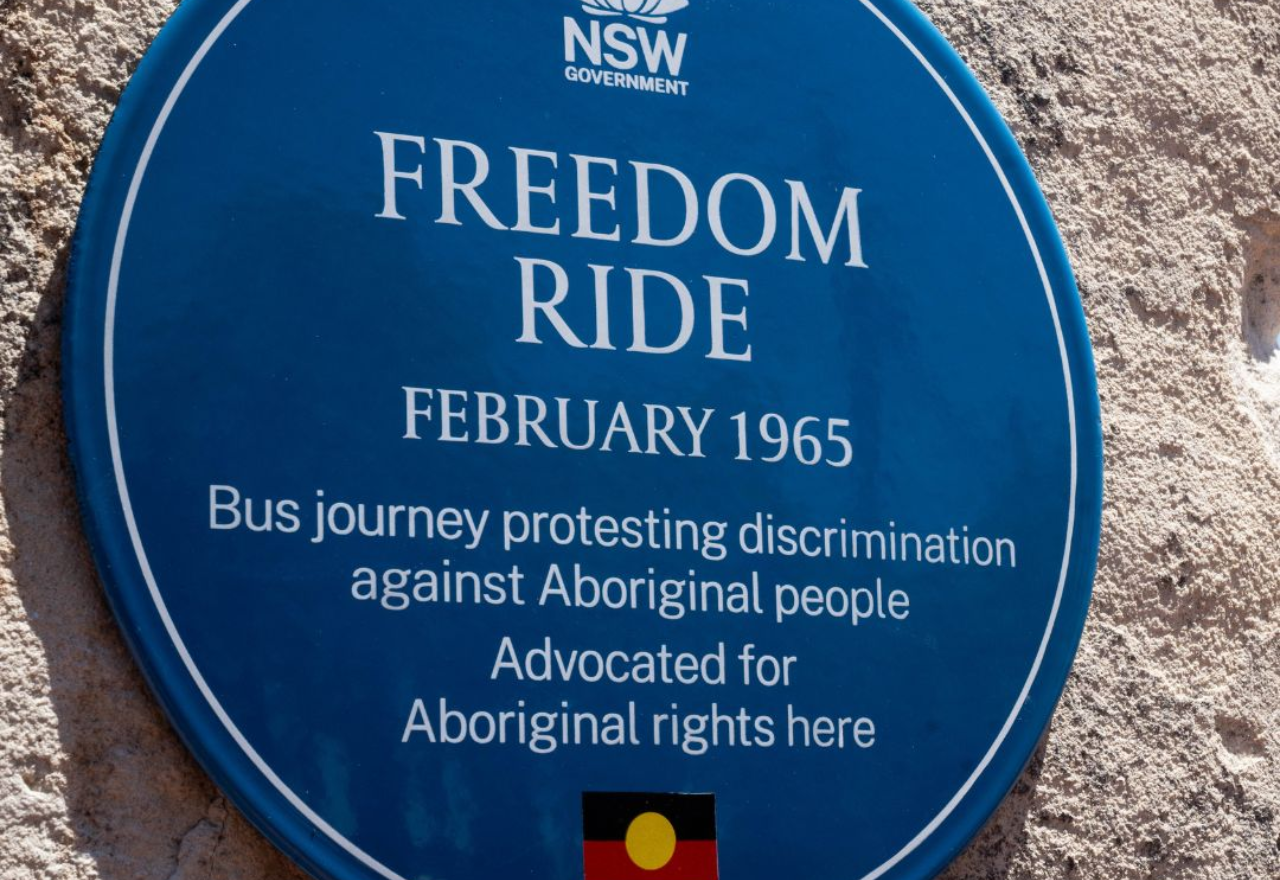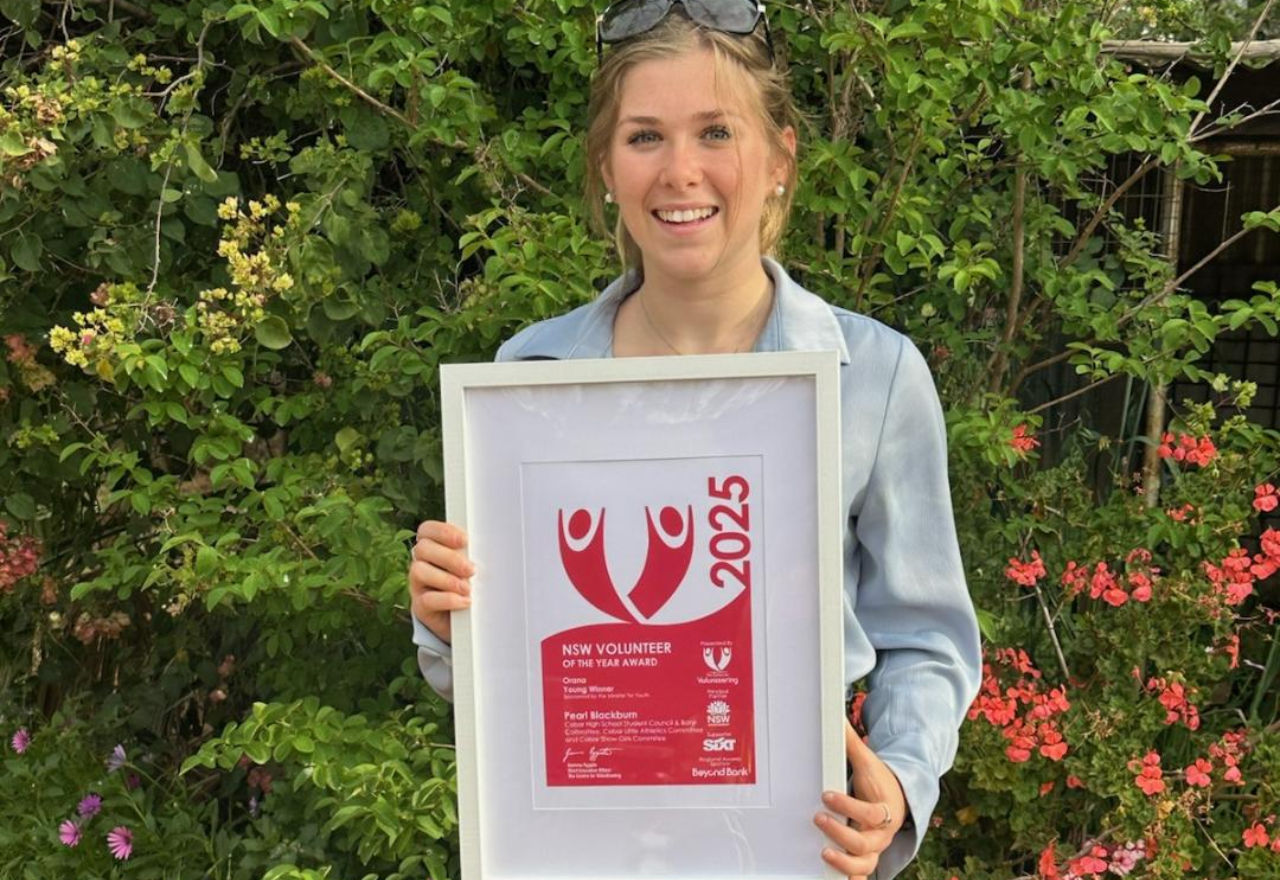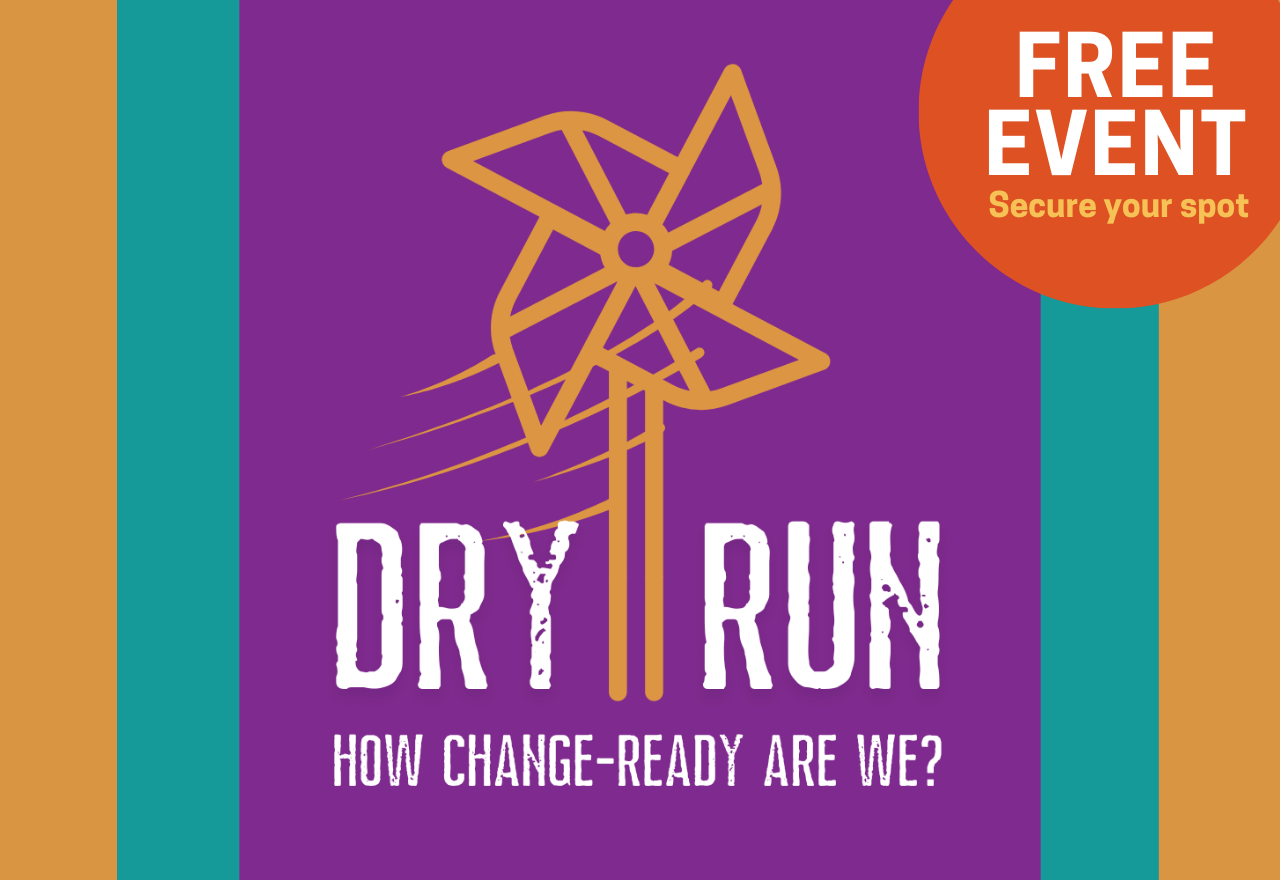1 in 7 people living in poverty - a startling report
Angie White
14 October 2025, 8:20 PM
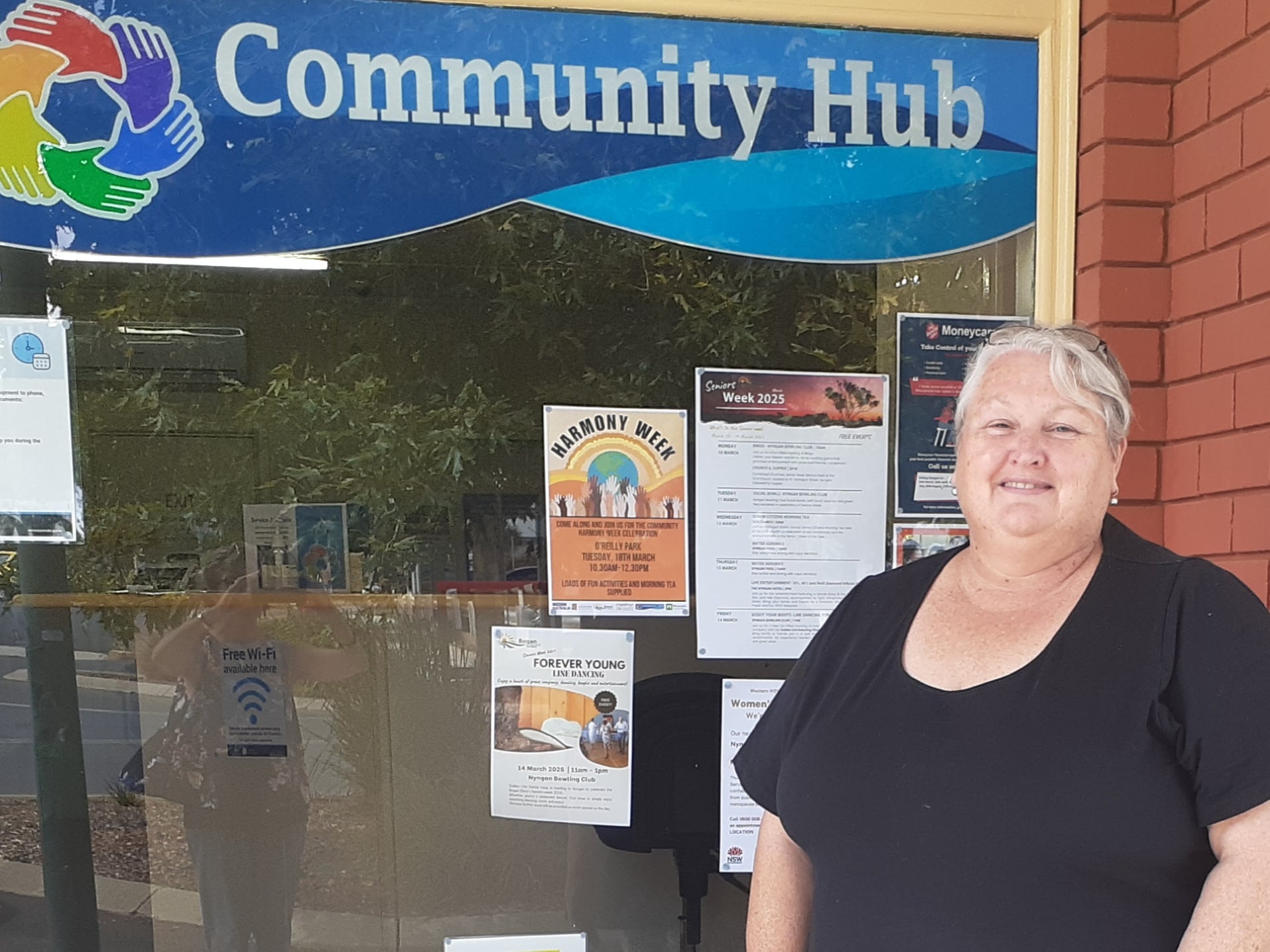 Deanne Walsh Co-ordinator of Nyngan's Community Hub. (Image Community Hub)
Deanne Walsh Co-ordinator of Nyngan's Community Hub. (Image Community Hub)Anti-Poverty Week is shining a spotlight on a harsh reality for thousands of Australians, with a new report stating the number of people living in poverty in Australia has increased to 1 in 7, a startling 14.2% of the population.
In total, there were over three million (3,706,000) people in poverty, including 757,000 children in the 2022-23 study, with a 2% increase from the previous two years prior, with around 13.7% in rural and regional areas, higher than their city counterparts.
The report found that the poverty line is $584 a week for a single adult and $1,226 a week for a couple with two children.
The depth of poverty (average gap between incomes of people in poverty and the poverty line) increased from $372 per week to $390 over the same two-year period.

Dr Yuvisthi Naidoo, Senior Research Fellow at UNSW’s Social Policy Research Centre [Image UNSW].
According to the new ACOSS and UNSW report 1 in 6 children is living in poverty and Dr Yuvisthi Naidoo, Senior Research Fellow at UNSW’s Social Policy Research Centre says this is unacceptable.
“This research shows that 1 in 7 people and 1 in 6 children are now living in poverty.
"This is unacceptable in one of the wealthiest countries in the world,” said Dr Yuvisthi Naidoo, Senior Research Fellow at UNSW’s Social Policy Research Centre.
“The number of people living in poverty decreased in 2020 due to the temporary effective doubling of Jobseeker through the Covid supplement - but has since sharply risen to be now above pre-pandemic levels, with the removal of the Covid payments and dramatic rising housing costs.
“The steep increase in rents in recent years has had a particularly severe impact on people with the lowest incomes.”
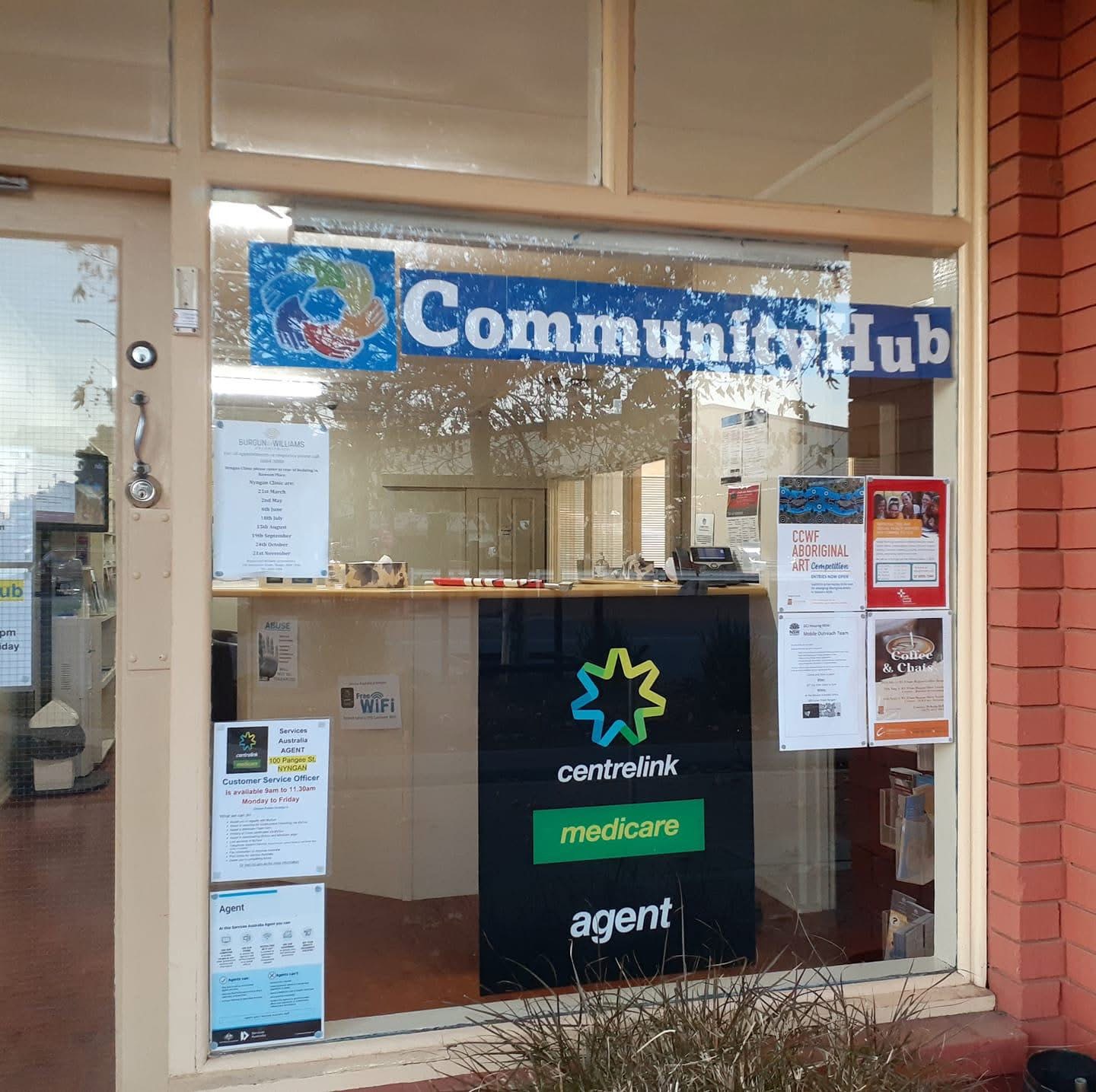
Nyngan Community Hub Office in Pangee Street [Image Community Hub].
Nyngan’s Deanne Walsh, Co-ordinator of the Red Cross Community Hub, says people across the western area are really feeling the pinch.
“People are finding it hard to make ends meet. Not only the basic staples, but the rising cost of electricity, insurances and fuel.
“I have people coming to me saying we can’t afford to insure their house or pay the rent.
"People just can’t get in front, and it only takes one unexpected bill to cause chaos.
“The Foodbank in Nyngan has never been so well attended as it is now.
"People come and get what they can for free and then they go shopping after with the money they have left over.
“People are going back to grassroots, planting fruit trees, putting in Vege patches and even getting chooks for eggs in the hope of saving what little they can.
“More and more younger kids in families are leaving school to get jobs so they can take home money to help the family. It’s a sad situation,” she said.
Mrs Walsh says there are services that can help and for people to reach out.
“If people are having trouble, please reach out to the many services there are available such as Red Cross, The Smith Family, St Vincent’s De Paul or Lifeline if needed.
"Hopefully between us all we can help,” said Mrs Walsh.
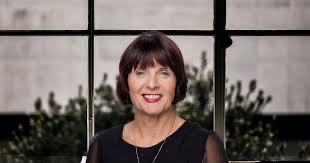
Sharon Calister, CEO of Mission Australia [Image Mission Australia].
Sharon Calister, CEO of Mission Australia, said: “More people in Australia are now living in poverty, and this confirms what our frontline staff see every day: individuals and families are being pushed to the brink by soaring housing and living costs, combined with inadequate income support.
"Far too many are at risk of or experiencing homelessness as a result.
“Poverty and homelessness are deeply interconnected.
"Without adequate income support and access to safe, affordable homes, people can’t meet basic needs or plan for the future.
"We urgently need real increases to income support payments, greater investment in social and affordable housing, and early intervention services that keep people safely housed.”
